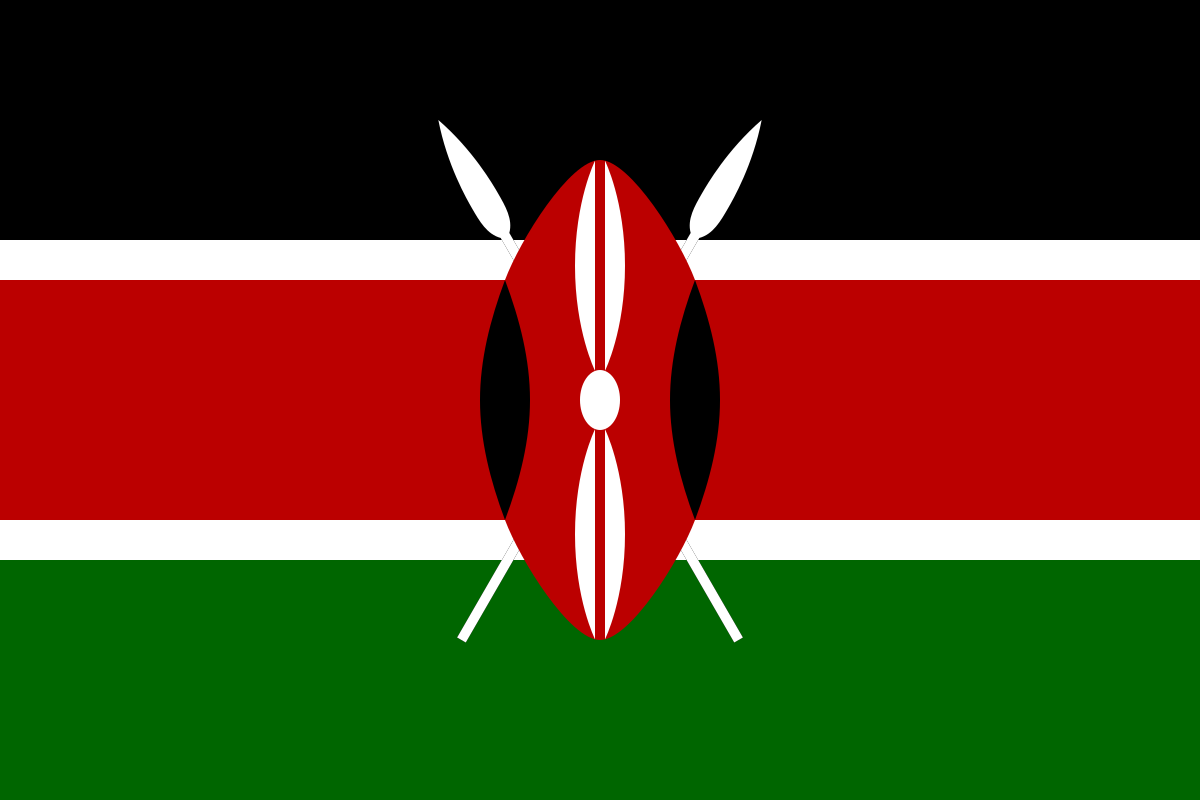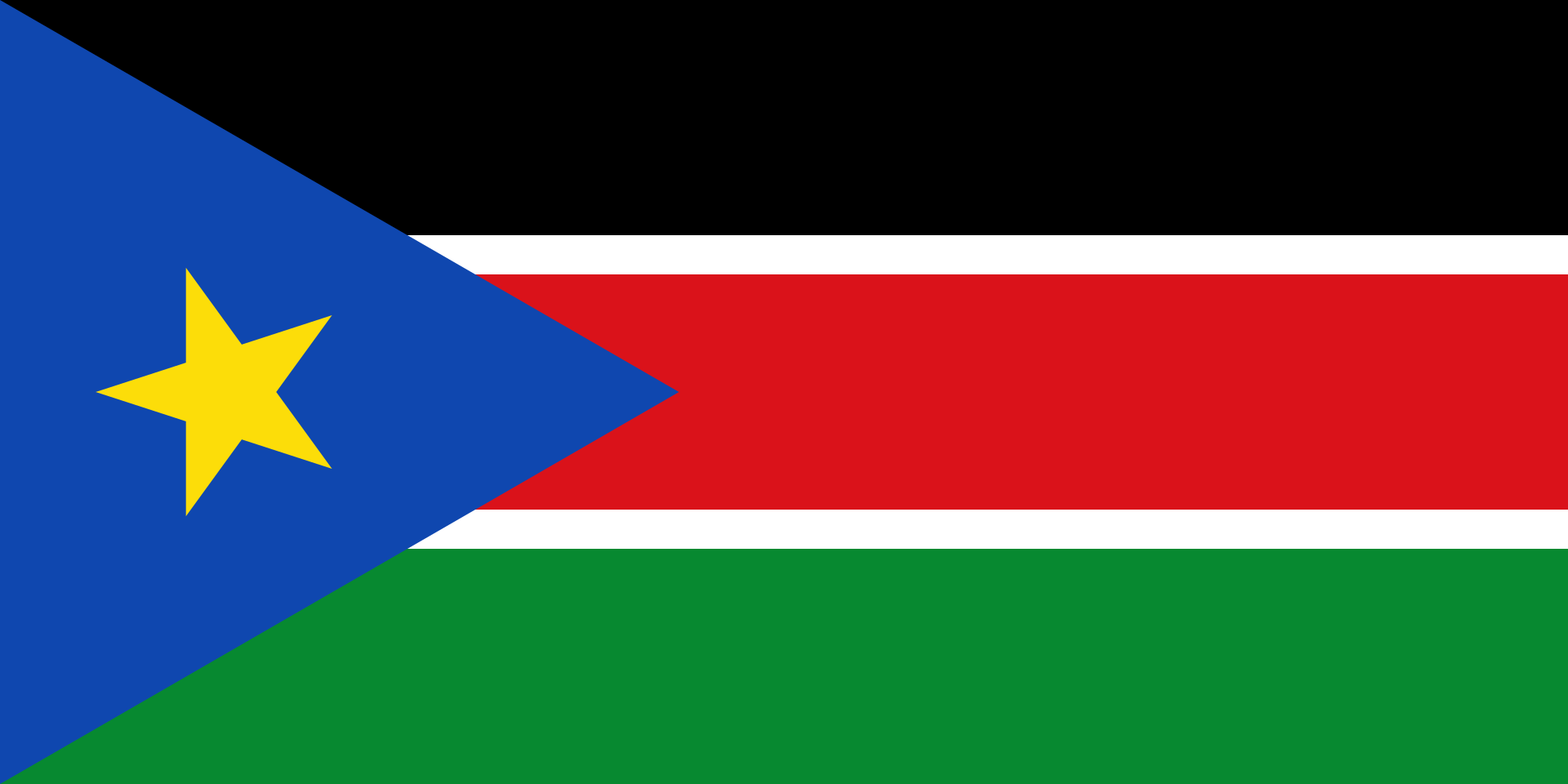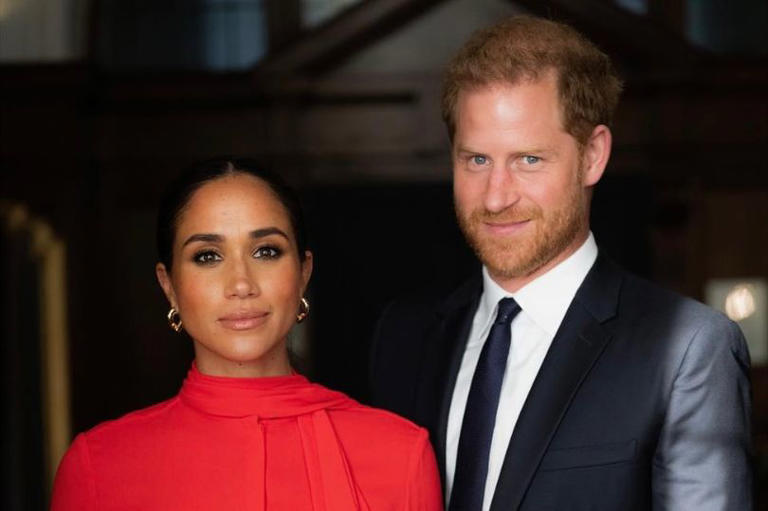The third round of consultations for the peace process in the Democratic Republic of Congo facilitated by the East Africa regional bloc have begun in Kenya's capital Nairobi with a plan to discuss reforms that will facilitate disarmament of rebel groups.
Kenya's President William Ruto and Burundi's Évariste Ndayishimiye attended the Monday opening session in person, while the presidents of Congo, Rwanda and Uganda attended virtually.
The leaders reiterated their commitment to support and ensure lasting peace in the DRC.
The facilitator of the Monday talks, former Kenyan president Uhuru Kenyatta said the aim was to discuss political process and institutional reforms that will ensure an environment that is conducive for the disarmament, rehabilitation and reintegration of armed groups in the DRC.
Leaders who attended a summit in Angola last week called for a cease-fire followed by a rebel withdrawal from the major towns that are currently under the M23 rebel group control.
While M23 was not formally a party to the talks in Angola, it has said it will accept the cease-fire.
But it also says it doesn't trust the Congolese government to honor the deal and end hostilities.
The East Africa regional bloc secretary general, Peter Mathuki, said some of the groups were present in the Monday talks but did not specify which ones they were.
During the talks, the facilitator planned to identify the root cause of conflict in the DRC's five provinces and discuss the restoration of state leadership in the provinces to facilitate peace.
The matter of the full deployment of the regional forces made up of soldiers from the member states will also be discussed.
A contingent of Kenyan troops has already been deployed to eastern DRC as part of the regional force and will eventually include two battalions from Uganda, two from Burundi and one from South Sudan.
Kenyatta emphasized that the region could only facilitate the peace process but in the end it is the Congolese people who will ensure peace and have the huge responsibility of maintaining peace.
The M23 rebel group rose to prominence a decade ago when its fighters seized Goma, the largest city in Congo's east, which sits along the border with Rwanda. After a peace deal, many of M23′s fighters were integrated into the national military.
Then the group re-emerged last November, saying the government had failed to live up to its decade-long promises. By June, M23 had seized the strategic town of Bunagana near the border with Uganda.
M23 has been a sticking point in deteriorating relations between the DRC and Rwanda. Many of the rebel fighters are Congolese ethnic Tutsis and Rwanda's president is of Rwandan Tutsi descent.
When formed more than a decade ago, M23 was fighting to protect the rights of Congo's ethnic Tutsis.
But many speculate that they just want control of eastern DRC because of its mineral wealth. - Africanews









